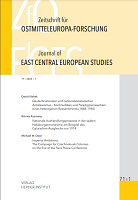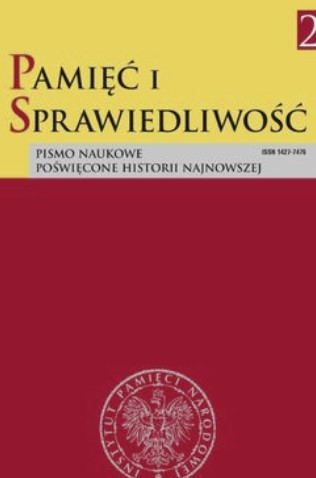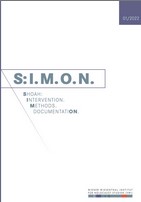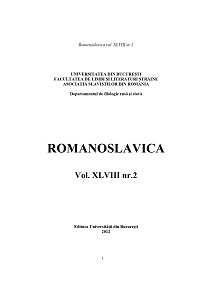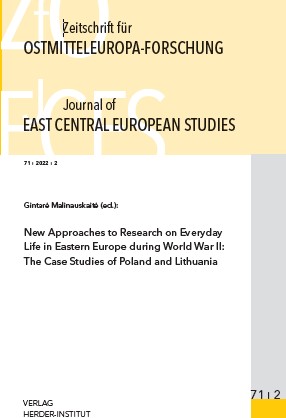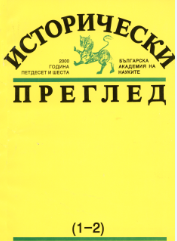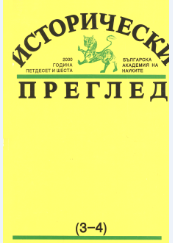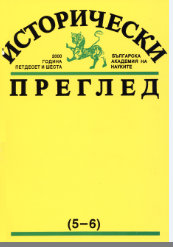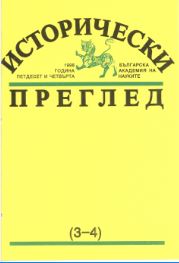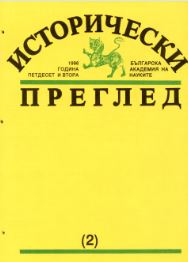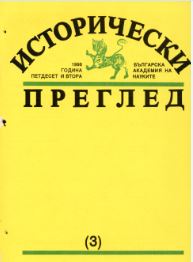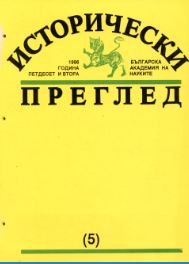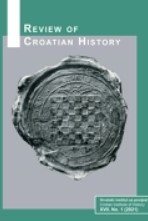
DIANA BUDISAVLJEVIĆ INTO SCHOOLS: HISTORY TO THE MARGINS
According to a claim made on the internet page narod.hr (it reproduces a part of a text by Andreja Černovec from the Hrvatski tjednik [The Croatian Weekly]; accessible at https://narod.hr/hrvatska/uvrstenje-filma-dnevnik-diane-budisavljevic-u-skolski-kurikul-vise-drze-do-istine-jedne-redateljice- nego-povjesnicara), the live-action documentary The Diary of Diana Budisavljević, directed by Dana Budisavljević (2019) has been introduced into the school curriculum (probably as part of the subject History!?), i.e., it has received the approval of the Croatian Ministry of Education and Culture for inclusion into the education curriculum. This is certainly an interesting, but also very unusual decision. Of course, you may ask yourselves why? First of all, several general remarks about the film and its main heroine, around whom the story revolves. In short, for those unfamiliar with the subject, this is a film about Diana Budisavljević, a Zagreb woman of Austrian heritage, married to surgeon Dr Julije Budisavljević, who near the end of 1941 decided to gather aid and provide care for Jewish and Orthodox women and children who were interned in the Loborgrad and Gornja Rijeka concentration camps.
More...
